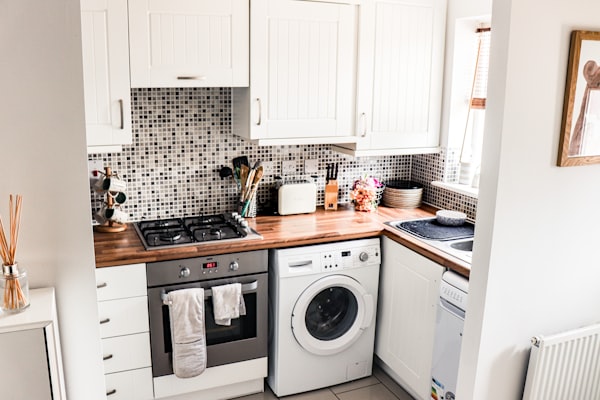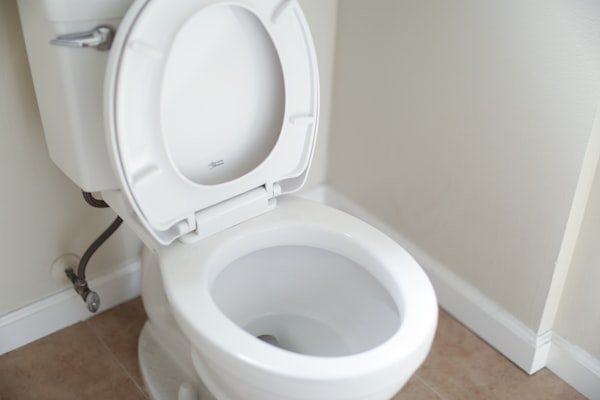Engaging with a contractor to undertake maintenance work on your home can be a daunting task, but with proper planning and communication, the process can go smoothly. Here are some tips on how to effectively engage with a contractor to ensure that your maintenance work is completed to your satisfaction.
Agreement:
The first step in engaging with a contractor is to draft an agreement that outlines the scope of work, materials to be used, and payment terms. It is important to be as specific as possible in the agreement so that there is no misunderstanding about what is expected from the contractor. Make sure to include details such as the start and end dates of the project, the number of workers that will be on site, and any special instructions or requests that you may have.
It is also a good idea to include a clause in the agreement that allows you to terminate the agreement if the contractor fails to fulfill their obligations or if the work is not completed to your satisfaction. This will give you some protection in case things do not go as planned.
Payment Schedule:
It is important to agree on a payment schedule with the contractor before the work begins. This should outline when payments are due and how much each payment will be. It is common for contractors to request a deposit upfront, and then to request progress payments as the work is completed. Make sure to specify in the contract what percentage of the total project cost each payment should be.
Retaining an Amount Until Work is Signed Off:
It is not uncommon for contractors to request that a portion of the final payment be withheld until the work is completed and signed off by you. This is known as a "retention" and is meant to incentivise the contractor to complete the work to your satisfaction. The amount of the retention should be specified in the contract, and it is typically a small percentage of the total project cost.
What to Do if Your Contractor Doesn't Finish the Work:
Despite your best efforts, there may be times when your contractor does not complete the work as agreed upon in the contract. If this happens, it is important to document the issue and try to resolve it through communication with the contractor. If the issue cannot be resolved through communication, you may need to seek legal recourse or hire a new contractor to finish the work.
In summary, engaging with a contractor to undertake maintenance work on your home requires careful planning and effective communication. By drafting a detailed agreement, agreeing on a payment schedule, retaining a portion of the final payment until the work is completed, and being prepared to take action if the work is not completed as agreed upon, you can ensure that your maintenance work is completed to your satisfaction.






